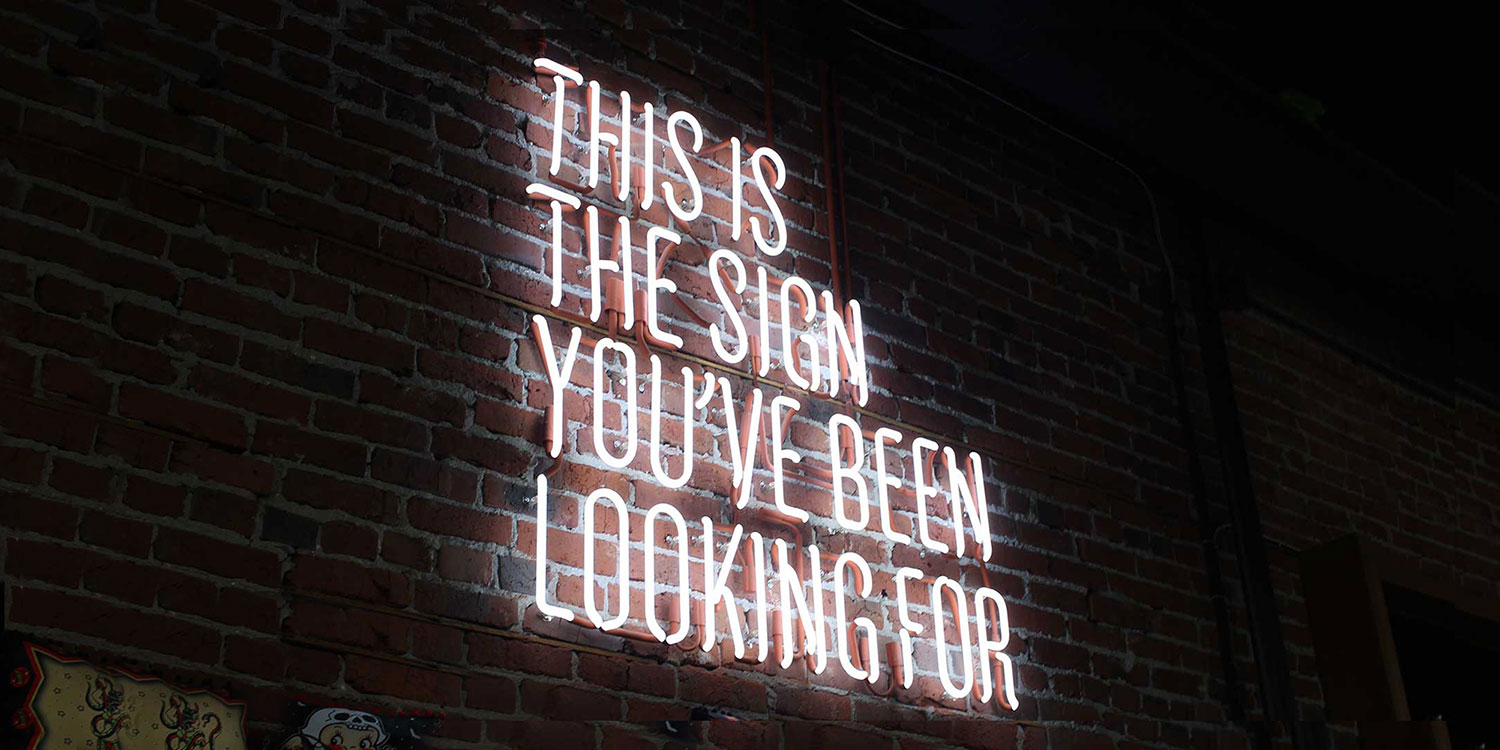Dry January is a health trend that encourages people to start the new year alcohol-free. If your drinking has become a concern, Dry January can kick-start a positive change.
What is Dry January?
Dry January is a movement to go without alcohol for the month of January. It gained popularity in the UK, but has since expanded to the US and beyond. People’s motivations for participating in Dry January vary—from wanting to kick up wellness in the New Year to starting a recovery journey from alcohol addiction.
The movement is not without debate. People who struggle with the life-threatening condition of alcohol use disorder can find those giving up alcohol as a wellness-driven lifestyle change to be flippant about the seriousness of their condition. However, science continues to show that excess alcohol consumption hurts the body and mind, so making a small change like reducing alcohol use or quitting entirely can benefit anyone. This is true for long-term change, but also for a brief period like Dry January.
What are the benefits of Dry January?
Can giving up alcohol for only thirty days make a positive impact in your life? The research answers with a resounding yes. Even in thirty days, your body can experience benefits such as:
- A healthier liver
- Reduced risk of some cancers
- Weight loss
- Clearer focus
- Better sleep
These benefits will be more prominent the more you drink, but even people who consume alcohol in moderation will notice some benefits of taking a break, including:
- Saving money spent on alcohol
- Finding healthier ways to de-stress
- Enjoying sober activities with friends and family
How to avoid being a sober tourist
One of the debates around giving up alcohol as a lifestyle change for health is that people out there are struggling with a real disease of addiction. A break from alcohol is beneficial to anyone, regardless of your reason for quitting. If you don’t identify as someone who struggles with their drinking but want to try Dry January as a positive change, here’s how you can be a recovery ally in your journey:
- Avoid bragging: If giving up alcohol is a breeze for you, that’s great! But it doesn’t discount the challenges that some people face in getting sober. For people with full-blown substance-use disorder, it can be freakin’ hard.
- Don’t dampen everyone’s fun: On the flip side of this, remember that the people in your life who are still drinking don’t need to be constantly reminded of your lifestyle change. Don’t put your expectations onto your friends or family who may not want to participate in Dry January.
- Understand that recovery is a lifelong process: For many people in recovery, this is a life-long journey that may include therapy, medication, and regular support groups. It’s not a juice cleanse or detox fad. It’s a matter of life or death.
How to make it 31 days alcohol-free
If Dry January sounds like just what you need to start the year off right, congratulations! Giving up alcohol for 31 days (or just reducing your consumption) has many benefits. Depending on how much you’re drinking, you might find it simple to go alcohol-free or might need some support along the way. No matter your path, remember Dry January is 100% do-able. Here are some strategies to survive a month without alcohol:
- Talk to your medical team: If you’re drinking more than 3-4 drinks a day, or over 7-10 drinks a week, talk with your doctor before you quit drinking entirely. Alcohol withdrawal can be unpleasant and even life-threatening. A clinician can walk you through the best steps to quit safely.
- Find support: Let your friends and family members know you’re participating in Dry January, and ask them not to pressure you to drink. But don’t stop there; find a group of participants to connect with. Workit Health’s Dry January Challenge is a perfect way to get pressure-free support and tools, as well as access to an exclusive Facebook group. Sign up here.
- Manage stress: If you typically unwind with alcohol in the evening, it’s important to find other ways to relieve stress. Take up meditation, try a new workout, or give yourself permission to watch a favorite show and do nothing else, guilt-free, for an hour.
- Try alcohol-free beverages: Break your habit of reaching for booze by finding alcohol-free drinks that you enjoy. Luckily, going alcohol-free is gaining in popularity and there are many non-alcoholic beverages out there to try. Try whipping up a mocktail instead of a cocktail.
Regardless of your motivations for going dry this January, reducing alcohol consumption can increase your physical and mental health. Stay in tune with how you feel when you’re alcohol-free, and if you choose to add alcohol back into your routine in February, notice any negative effects you experience from an increase in alcohol consumption. Sometimes, taking a break from a habit can help us gain insight around whether or not it helps us in the long run. This type of self-awareness can kickstart your journey to health for the rest of the year.








